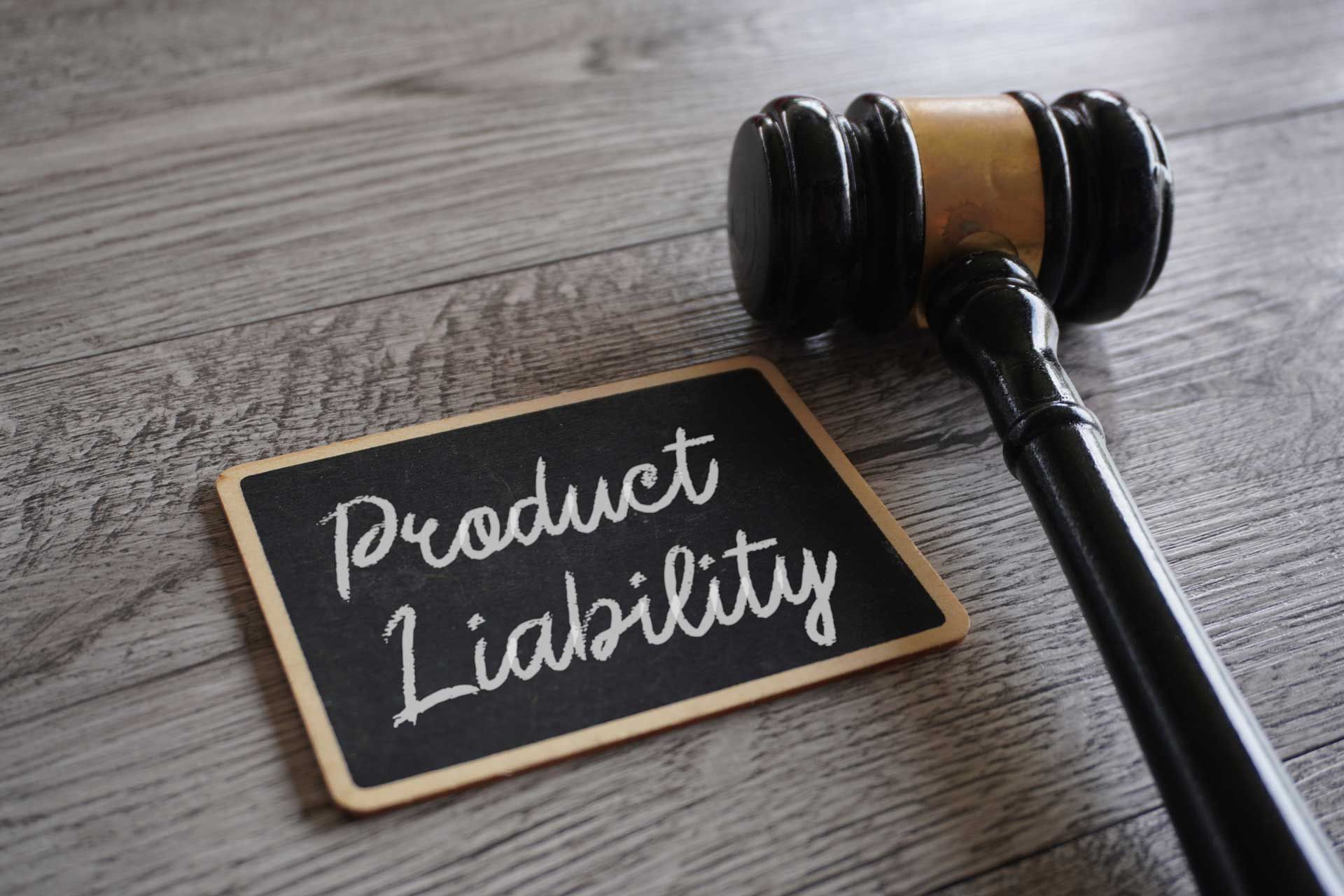Goodwill: The Most Important Asset in Small Business Valuations
Business value is a combination of tangible and intangible assets, not just tangible assets like property, equipment, and cash flows. Goodwill is a crucial intangible asset to understand as a small business owner. It's critical to understand what goodwill is and how it affects your company's value. It is frequently the most expensive component of a small business' purchasing price.
What exactly is Goodwill?
The percentage of your company's value that cannot be traced to anything specific is known as goodwill. When a company sells, the price is usually higher than the value of the company's identified assets; this discrepancy is known as goodwill. The gap between the business's purchase price and the fair market value of the specified tangible and intangible assets is known as goodwill.
Intangible Assets Examples
- Copyrights, trademarks, and patents are all examples of intellectual property rights.
- Reputation and brand recognition
- Contracts with customers and suppliers
- Domain names and websites
- Recipes and trade secrets
- Processes, software, databases, and training that are all unique
- Articles published in the trade press
Case #1: Brand Recognition and Secret Recipes Build Goodwill
Assume you own a small restaurant that you are looking to sell. Tables, chairs, and cooking equipment may be included in the transaction. These assets are just worth a few thousand dollars, but your company is worth far more. Goodwill is any monetary amount that exceeds the value of these tangible assets. In this situation, goodwill includes the brand, consumer loyalty, recipes, and so on. These intangible assets provide a corporation actual value.
Case #2: Goodwill with a Website
When someone sells a domain name, this is another example of goodwill. Aside from the modest yearly registration price, the website itself is of little use. Companies, on the other hand, will pay hundreds, if not millions, of dollars for a memorable domain name. For instance, in 2017, Walmart paid $9 million for the website shoes.com. While the additional intellectual property was included in the deal, goodwill accounted for nearly the entire purchase price.
Case #3: Customer Database and Goodwill
Assume your business has a growing database of information about present and potential clients. This understanding of your target market provides you with a competitive advantage. Email addresses, details of various commercial encounters, and marketing efforts are all included in the database. Future earnings and recurring income can be aided by a database containing proprietary information. As a result, this intangible value is considered a component of goodwill.
How much is Goodwill worth?
The worth of your firm is heavily influenced by goodwill. Finally, goodwill might increase a company's appeal to potential buyers. Although goodwill is difficult to quantify, it is a vital factor to consider when negotiating the purchase or sale of a company. When getting a business appraisal, it's crucial to express the value of your company's goodwill. This will almost certainly result in a higher price. Peak Business Valuation recognizes the value of goodwill and would gladly answer any queries you may have.
If you are interested in learning more about business valuation or exit planning for your business, please schedule a time for a consultation here .



